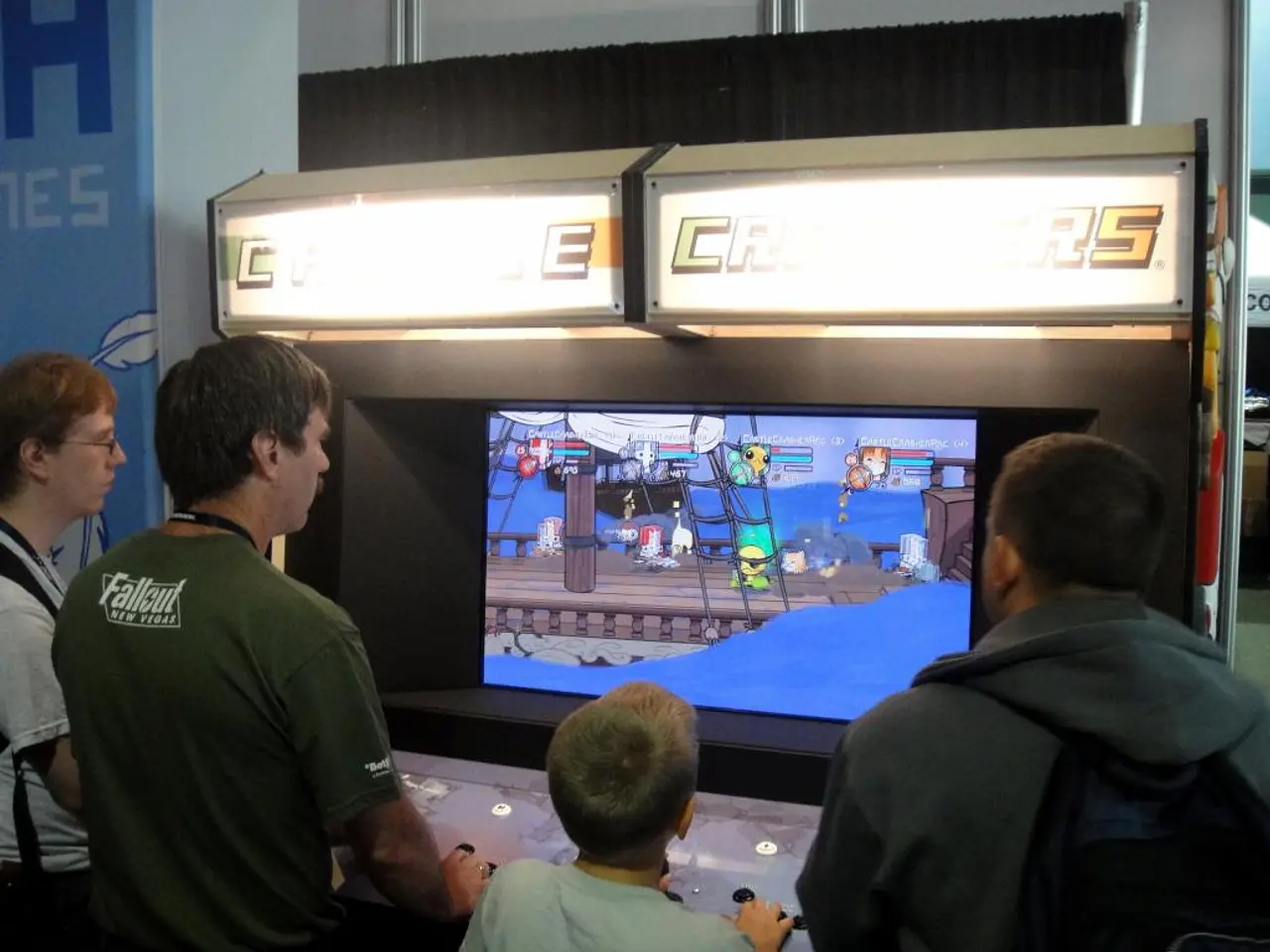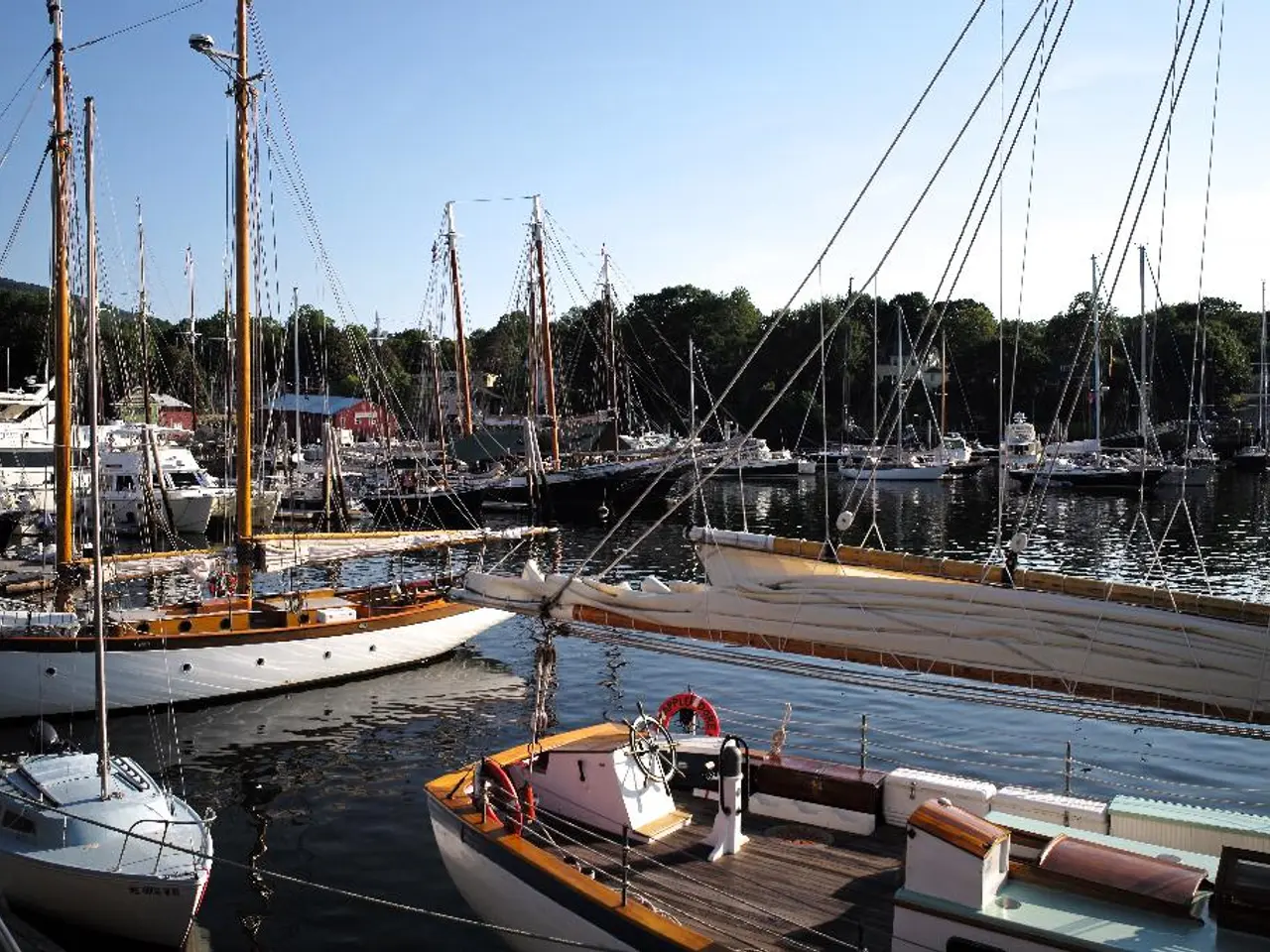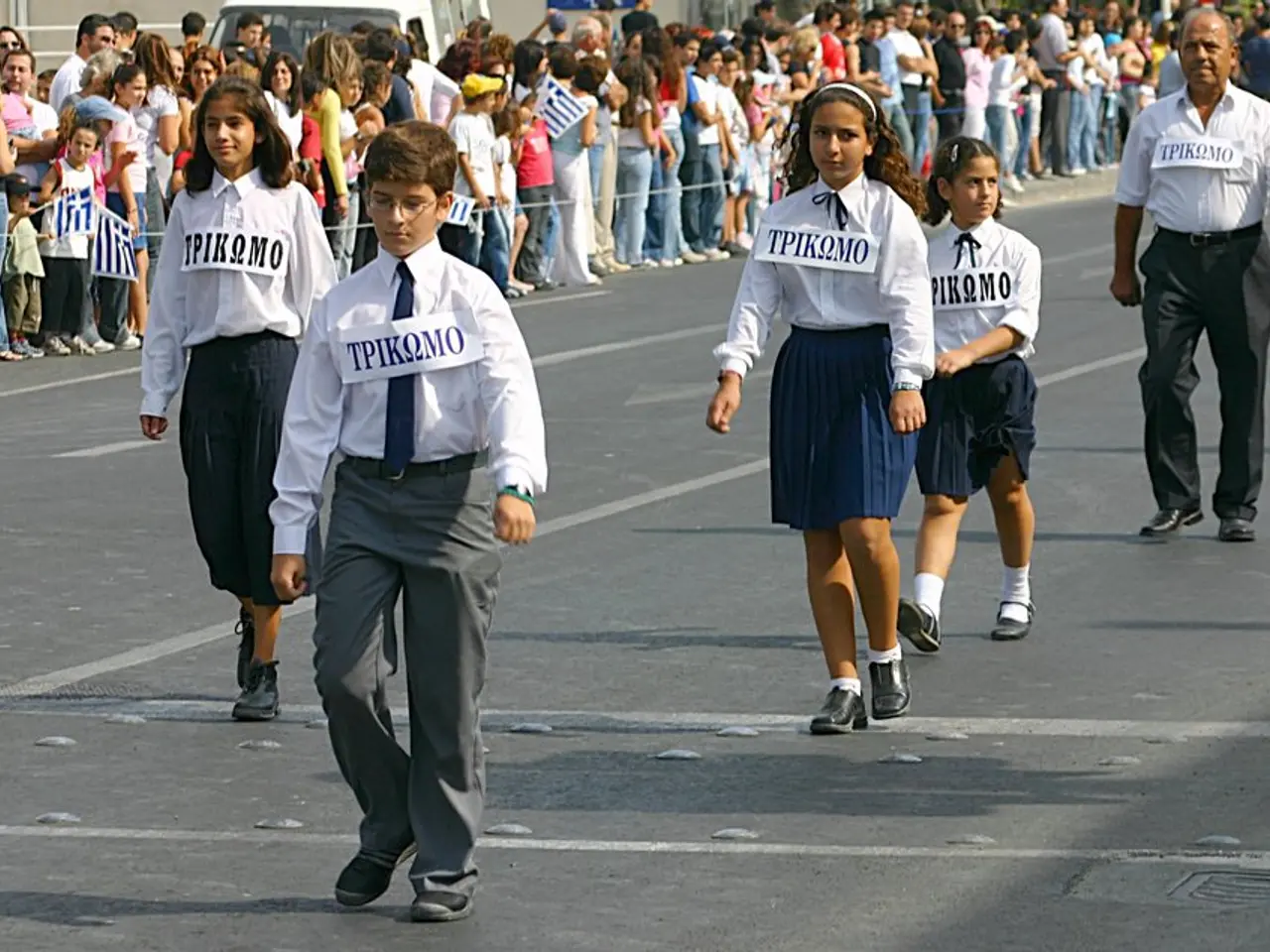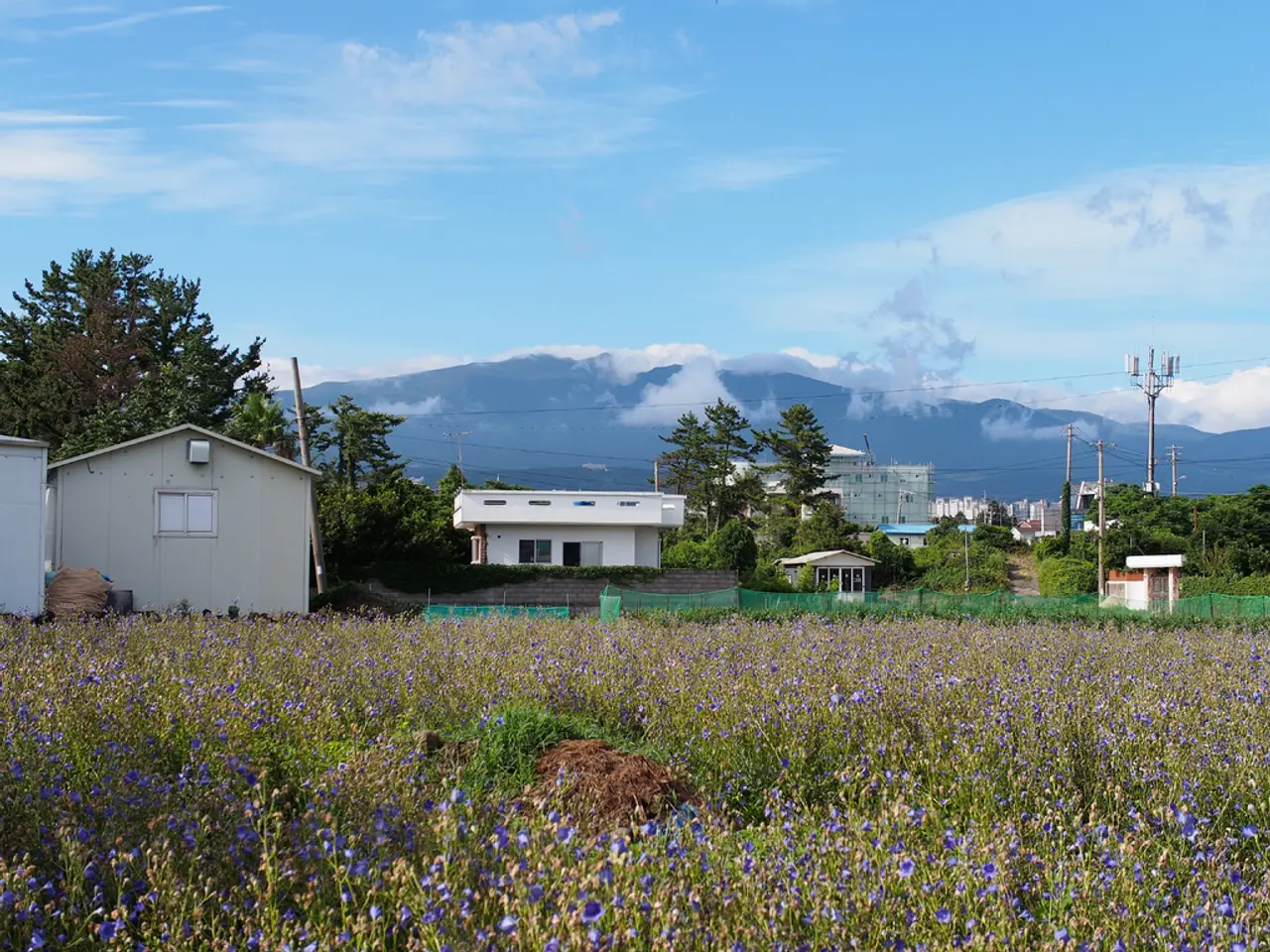New regulatory system for gaming development in Nigeria, as discussed by Olajide Boladuro
The Federation of State Gaming Regulators of Nigeria (FSGRN) has introduced a groundbreaking Subnational Gaming License Framework, known as the Unified Regulatory License (URL), aimed at harmonizing the licensing process for online betting and lottery operators across 22 states in Nigeria [1].
Until November 2024, the National Lottery Regulatory Commission (NLRC) was Nigeria’s primary regulatory body for lotteries and gaming. However, a Supreme Court ruling that year declared the 2005 National Lottery Act unconstitutional, leading to a decentralization of regulatory authority to state governments [2]. This resulted in a fragmented system, with some states issuing their own gaming licenses, while others either lagged behind or lacked clear regulatory structures altogether [2].
The URL seeks to address this fragmentation by offering a unified application and compliance pathway. Operators can now apply for a single, state-approved license that is recognized by all participating states, reducing the administrative burden of multiple applications [1]. The framework also establishes uniform regulatory standards and compliance requirements across participating states, increasing predictability for both operators and regulators [1].
The new regulatory structure in Nigeria is centered around the Unified Regulatory License (URL), designed to simplify compliance for operators and enable more cohesive oversight by state authorities [3]. This streamlined approach aims to improve enforcement, reduce the risk of unlicensed or non-compliant platforms, and enhance consumer protection mechanisms [2].
However, the URL framework is not yet adopted nationwide. Only 22 states currently participate, and others either have their own independent systems or no clear regulatory structure at all [1][2]. This means that while the URL simplifies licensing in participating states, the broader Nigerian gaming landscape remains somewhat fragmented, with operators potentially needing to secure additional licenses for non-participating states [2].
The FSGRN, a collaborative, inclusive model aimed at harmonization, transparency, and ease of doing business, is focusing on future-forward initiatives such as digitized systems, responsible gaming protocols, and dispute resolution frameworks [4]. The organization has also signed a Universal Reciprocity Licensing Agreement, with a 2025 license fee waiver announced for NLRC licensees [4].
Olajide Boladuro, Director-General of the Oyo State Gaming Board, discussed the landmark development at the Gaming Tech Summit Africa (GTSA 2025) [5]. He asserted that the market share in Nigeria is bigger than any country in Africa, and the unified license is a signal of stability, collaboration, and forward momentum [5].
With the new association in place, Nigeria's gaming industry is well-positioned to take it to greater heights. The transition has attracted regional interest, with other countries wanting to study Nigeria's gazette, understand its processes, and possibly adopt this model [2]. Nigeria is now poised to set the pace for regulatory excellence across Africa [2].
| Aspect | Before URL | With URL (in 22 States) | Outside URL Framework | |-------------------------|-----------------------------------------|-----------------------------------------|----------------------------------| | Licensing Authority | NLRC (federal), some state boards | FSGRN (across 22 states) | Independent state boards or none | | Application Process | Multiple, state-by-state | Unified, single application | State-dependent | | Regulatory Standards | Inconsistent across states | Harmonized within framework | Varies | | Enforcement | Weak, fragmented | Stronger, more consistent | Weak or unclear | | Consumer Protection | Patchy | Potentially enhanced | Limited |
The FSGRN's unified regulatory license is a significant development for Africa's most dynamic gaming market. The biggest challenge for the FSGRN was persuading states to come on board, which required several conferences and engagements [6]. However, once states understood the benefits, they were more willing to adopt the unified license.
References: [1] FSGRN. (n.d.). About Us. Retrieved from https://fsgrn.gov.ng/about-us/ [2] Boladuro, O. (2025, March 1). The Unified Regulatory License in Nigeria: A Game Changer for the African Gaming Market. Speech delivered at GTSA 2025. [3] FSGRN. (2024, November 1). Press Release: The Unified Regulatory License (URL) Framework. Retrieved from https://fsgrn.gov.ng/press-releases/ [4] FSGRN. (2025, February 1). Press Release: FSGRN Signs Universal Reciprocity Licensing Agreement. Retrieved from https://fsgrn.gov.ng/press-releases/ [5] GTSA. (2025, March 1). Keynote Speech: Olajide Boladuro, Director-General of the Oyo State Gaming Board. Retrieved from https://gamingtechsummitafrica.com/keynote-speeches/ [6] FSGRN. (2024, December 1). Press Release: FSGRN Overcomes Challenges to Achieve 22-State Participation in the URL Framework. Retrieved from https://fsgrn.gov.ng/press-releases/
Despite the introduction of the Unified Regulatory License (URL) framewok, sports betting enthusiasts in states outside the 22 participating in the framework may still need to comply with separate state regulations. On the other hand, students aiming to invest in sports lotteries can now apply for a unified license, recognized across the 22 states partaking in the URL system.







